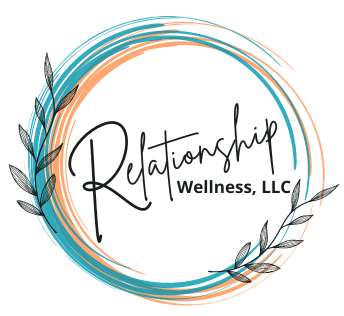Attitude Relationship Traps # 2
. . . And How to Avoid Them
Truth-bearing (2 of 5 attitude traps)
Last week we identified the attitude of entitlement as a trap that destroys relationships. We learned that gratitude and thankfulness are ways to avoid the entitlement trap.
Some may be surprised that truth-bearing is the second among 5 attitude traps that destroy relationships. Anyone with the natural gift of teaching will recognize truth-bearing as part of their character. Many of us who are moms of adult children can identify. Spouses can relate.
Truth-bearing attitude is a problem when it interferes with personal relationships. A person’s perspective of “right” trumps life-long “relationship.”
Here’s an example:
I had an epiphany a few years ago during a lunch date with one of my grown children. I became aware of an attitude I had that contributed to my young adult child’s irritation toward me. The relationship seemed to deteriorate and I couldn’t figure out why.
I saw myself as the only one who could teach truth. I was looking for things that needed my “wisdom” rather than appreciating the individuality of my child.
Many of us unknowingly objectify our loved ones. We see them as projects to be fixed. We miss out on their uniqueness. We miss out on their beauty and their giftedness. We choose “right” over “relationship.”
Another example observed:
A mom and college-age son were in a social setting in which an older adult attempted to make conversation with the son. The mom, standing right beside the son answered for him. She unknowingly gave messages of: He can’t answer for himself. I am the one who knows him. I’m his mediator.
He is conditioned to be quiet and allow girlfriends to speak for him. Later, he may seek to marry a woman who speaks for him, feels for him, and does for him. He has learned not to do for himself. He will likely be criticized by his wife for not speaking up about his feelings.
Marriage Vows: You and I are One. . . and I’m the One
Some of us choose spouses we can fix. Like a knight in shining armor, a man may be drawn to a needy woman. He lives in the illusion of “I’m right. . . she’s wrong.” Christian couples getting married may unknowingly adopt the attitude of, “we are one. . . and I’m the one.”
The danger of the I’m-right-and-you’re-wrong-truth-bearing attitude is that it devalues the other person.
Illusions of Being the Only Truth-bearer
We adopt illusions that we are the only ones who can teach truth to our adult children, or wayward spouse, or young adult grandchildren. We believe our loved one’s life will fall apart if we don’t tell them how to live. If we make another’s decision that rightfully belongs to them, we set ourselves up for being blamed and controlling.
Trust God’s Design for Our Humanity
Most of us strive to do what we know to be right. We have a sense of right and wrong deep within the fabric of our souls. It’s part of our humanity to live meaningful lives that influence our loved ones in positive ways.
To avoid the attitude of being the only truth bearer is to trust in God’s design for each of us in our humanity. We are not the Holy Spirit. We cannot control the thoughts of our children no matter what age they are. We cannot turn the hearts of our spouse toward doing right. Each person is responsible for their own choices. God Himself honors our free will.
Gifts of Love and Listening
To avoid the truth-bearing trap, learn to listen with an attitude of curiosity. Respect the differences of those you love. Be willing to learn from them. Align with the reality that none of us have a corner on all truth. We can pray with openness for God’s perspective in our own lives as well as our concerns for others. We can trust the Holy Spirit to move in the hearts of our family members.
Next week I’ll share how the attitude of disregard is another trap that destroys relationships.
Questions to Ponder
How have you been intentional with gratitude and listening?
How have you accepted another’s differences?
Overview
- Attitude of entitlement – replace with gratitude
- Attitude of being the truth-bearer – replace with listening
- Attitude of disregard
- Attitude of control
- Attitude of being the victim






